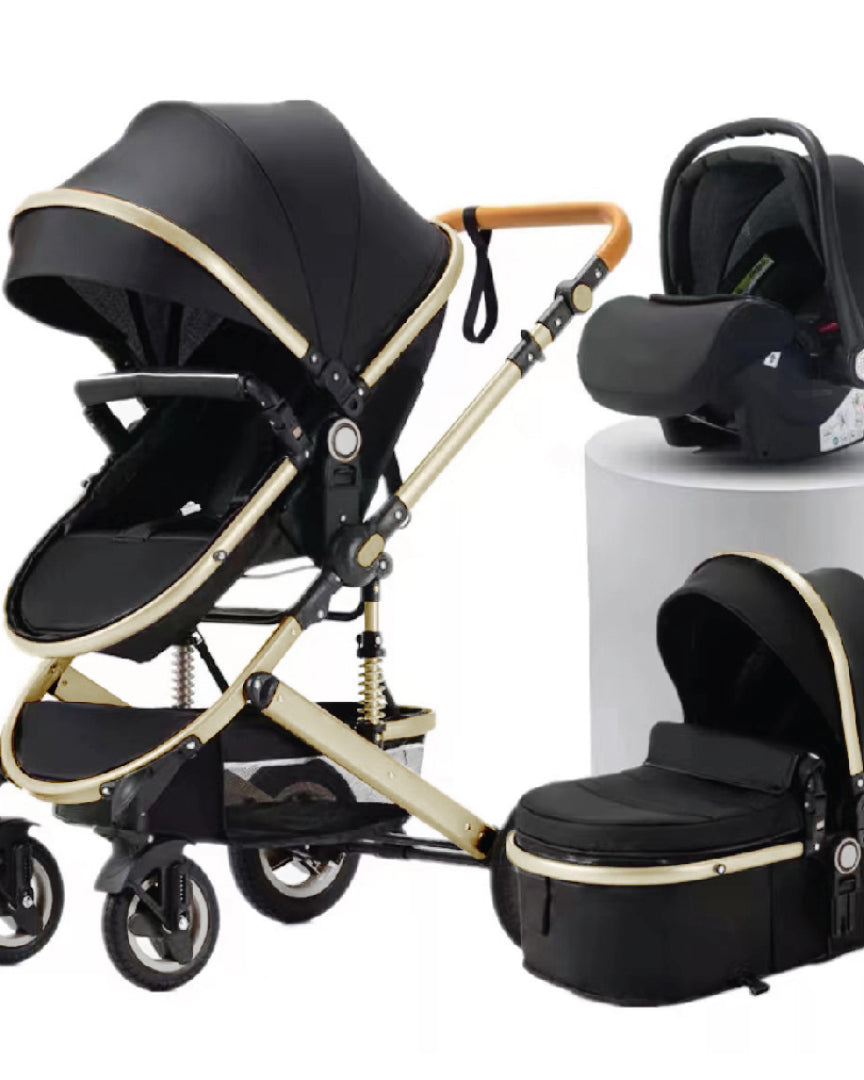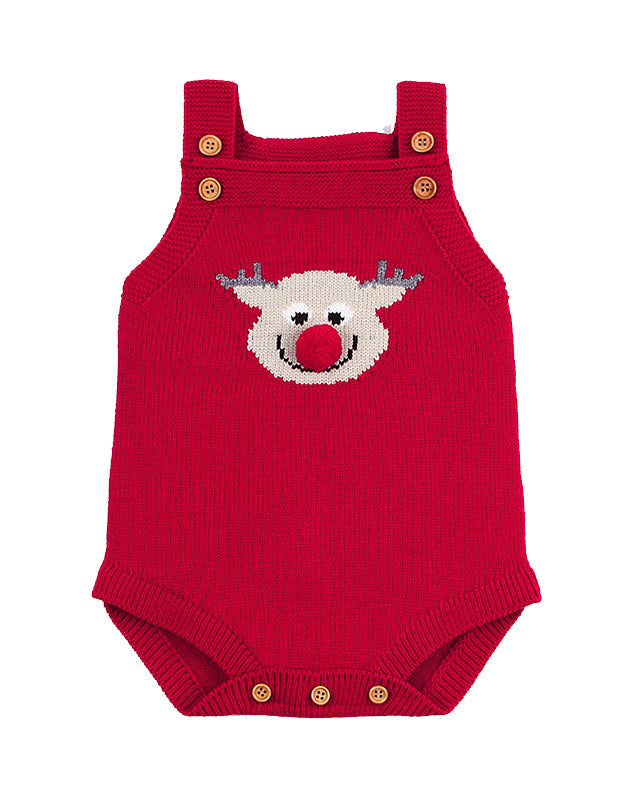Choosing the right baby formula for your little ones can be an absolute challenging task for new parents. With a wide variety of options available in the market, it's important to understand the different types of baby formula, the different benefits they offer and the appropriate age to introduce them to your baby in order to make an informed decision.
The first and foremost step in choosing the right baby formula is to consult with your pediatrician. They can help you determine if your baby has any special dietary needs or allergies that is supposed to be taken into consideration when choosing the appropriate formula for your baby. In addition, consulting your pediatrician is essential since they can also provide guidance on the appropriate age to introduce formula to your baby and the appropriate amount they should intake in every age.
Starting off with formulas for newborns and infants below 6 months old, iron-fortified baby formula is the best suitable option for the parents since these formulas are designed to mimic the nutrient composition of breast milk and provide the essential nutrients that babies need for growth and development. They come in either cow's milk-based or soy-based options, and both are suitable for most babies.
Moving forward towards babies between 6 and 12 months old, you can continue with the same baby formula or switch to a follow-on formula. The follow-on formulas are designed to provide additional nutrients, naming few: iron, zinc, and other minerals that are needed as your baby grows. They are also available in cow's milk-based or soy-based options.
Moreover, when babies reach 12 months old and above, you can switch to a toddler formula. Toddler formulas are designed to provide the necessary nutrients for toddlers as they shift towards more solid foods. They are also available in cow's milk-based or soy-based options.
On the other hand, it is important to note that cow's milk is not always recommended as a main drink for babies under one year old, since it doesn't provide enough iron, vitamin C, and other essential nutrients that the baby needs in order to grow and maintain a healthy structure.
While many babies may suffer with certain dietary diseases or allergies, which result in needing special dietary needs, this is when you have to purchase a specific formula known as hypoallergenic and organic formulas. Hypoallergenic formulas are made from partially hydrolyzed protein and are intended for babies who have a cow's milk protein allergy. While the organic formulas are made with organic ingredients and are intended for babies who are sensitive to chemical pesticides or other additives.
It's important to note that every baby is different from another, each has his/her own reaction towards formulas, food…etc. So you can not ultimately choose the best formula without having your little one checked by the pediatrician. Some babies may have trouble digesting certain types of formula, while others may experience allergic reactions. Keep an eye on your baby's digestion, weight gain, and overall health, and if you notice any problems, talk to your pediatrician.
By the end of the day, every mother should consult with the pediatrician before choosing their baby formula. Even though it is acknowledged that baby formulas are considered as an important alternative to breast milk for infants who are unable to breastfeed or for mothers who choose not to.
Last but not least, it's important for every mother to read the ingredient list of the formula and make sure that it meets the nutritional needs of their baby based on what the pediatrician has recommended. And never forget to look out and pay close attention to your baby's digestion and overall health after switching to a new formula and to consult with the pediatrician if you notice any problem, especially that every baby is subjected to new diseases and viruses that can result in different diseases and by turn lead to switching the baby formula once again.
Lastly, mothers should be aware that different babies may have different reactions to different types of formula, and it's important to be open to trying different formulas to find the one that works best for your baby.






